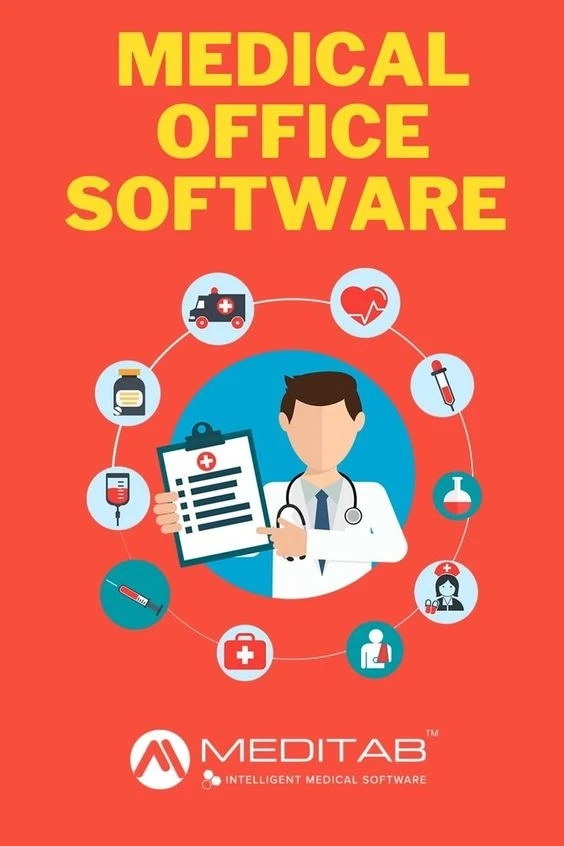Adopting medical office software systems after a physician has hired the finest employees for their clinic is the next step in ensuring the practice runs as effectively as possible. A medical practice management system (MPMS) is a form of healthcare software that controls a clinic's day-to-day operations, such as appointment scheduling, invoicing, and other administrative chores.
The following are the basic components of a medical practice management system that private practice physicians should be aware of. Meditab can help you with the best medical MPMS.
Appointment scheduling
One of the most difficult challenges clinic personnel confront when it comes to scheduling is ensuring that each physician's time is correctly allotted for patient visits, conference calls, and other miscellaneous meetings at the same time. Medical office software systems provide employees with real-time information about each provider's availability, allowing them to see any scheduling issues right away. In addition, the software assists clinic personnel in avoiding (or reducing) duplicate reservations.
Organizing patient data
Physicians and their staff can quickly enter and access not only basic patient information, such as the patient's name, address, phone number, birth date, employer, and insurance provider, but also extensive clinical data, such as medical history, medications, and reasons for previous visits, using a medical practice management system.
Prior to a patient's appointment, medical office software systems can automatically check the patient's insurance coverage.
Billing and claims processing
Billing statements and electronic claims are generated by medical management software based on patient contacts. The system examines bills and claims to verify that they not only adhere to payor guidelines but also contain the relevant diagnostic codes. If the system detects a mistake or contradicting information that may cause payment delays, staff members are notified so that the issue may be handled. If claims or patient payments are past due, they'll be notified.
Reporting
Physicians and their staff require thorough information on practice performance in order to ensure that the clinic runs as effectively as possible. Medical practice management systems give detailed information on various elements of the clinic, such as patient demographics.
How frequently does a patient fail to show up for their appointment?How much time do employees spend on tasks?How long does it take for payors to repay claims on average?How the clinic is doing in comparison to Objectives for Meaningful UseHow long has a claim been pending in accounts receivable?Physicians and their staff may use this data to find areas for improvement, save needless spending, and boost the clinic's overall productivity.
Conclusion
A medical practice management system, whether paid or free, is an excellent approach for private clinics to improve efficiency and get timely payments. While more comprehensive medical practice management systems might cost a lot of money upfront, a few software companies such as Meditab provide their services at affordable costs. Whether you require medical office software, MIPS software, or ePrescription software, we have the best solutions for you.
0



